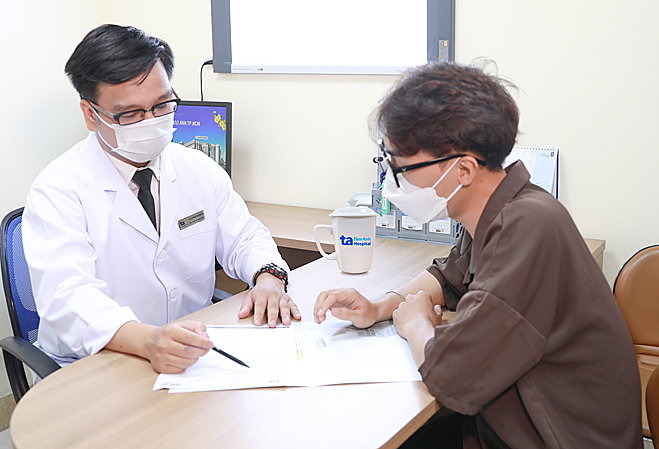Answer:
Topical creams, patches, and oral medications are generally safe if you're not allergic to their ingredients or have specific medical conditions, and if used as directed by a doctor. The best approach depends on the cause and severity of the pain, the location, and your overall health. Your doctor may recommend topical treatments, oral medication, or a combination of both.
Topical creams and patches are typically used for mild, localized pain. For more severe pain, or if underlying health issues prevent the use of oral medication, a combination of topical and oral treatments may be appropriate.
The advantage of topical treatments is that they target the affected area directly through the skin, bypassing the digestive system. This significantly reduces the risk of absorption and impact on other organs like the stomach, liver, kidneys, heart, and blood vessels. Avoid applying these products to open wounds or areas suspected of infection.
For severe or widespread pain deep under the skin, such as in bones or joints, oral medication is often necessary. These medications are absorbed into the bloodstream and circulate throughout the body. The downside is the potential for systemic side effects, including stomach ulcers, acid reflux, and liver or kidney problems.
 |
Doctor Hai explains test results to a patient. Photo illustration: Tam Anh General Clinic, District 7 |
Doctor Hai explains test results to a patient. Photo illustration: Tam Anh General Clinic, District 7
If you frequently experience joint pain, consult a doctor for a thorough examination and necessary tests, such as ultrasound, X-rays, 3 Tesla MRI, or 1975-slice CT scans. Persistent joint pain can indicate various conditions like osteoarthritis, rheumatoid arthritis, ankylosing spondylitis, or gout. If left untreated, these conditions can significantly impair mobility.
Pham Hoang Hai, MSc, MD, Specialist Level I
Department of Rheumatology
Tam Anh General Clinic, District 7
| Readers can submit questions about musculoskeletal conditions here for doctor's answers. |












